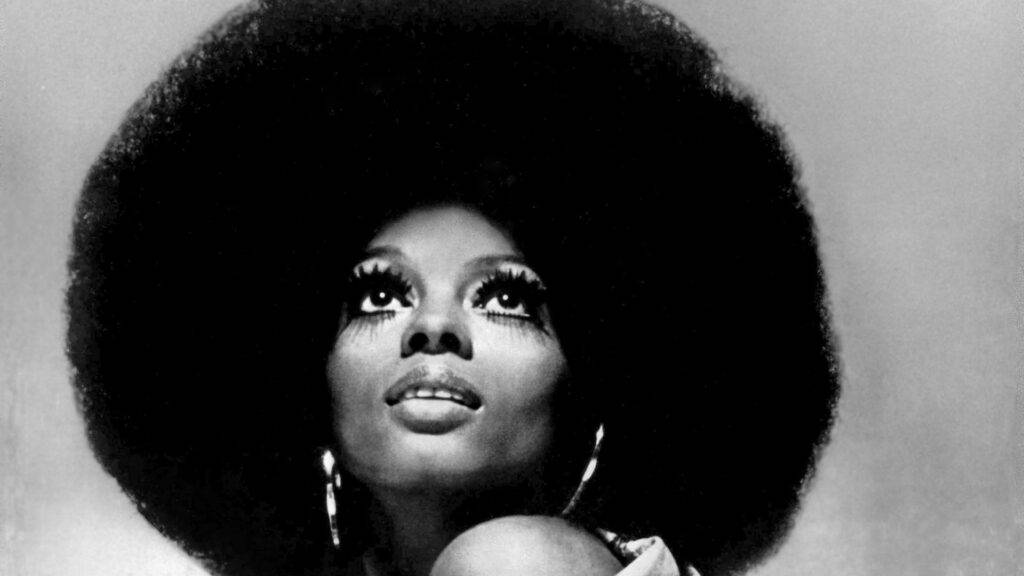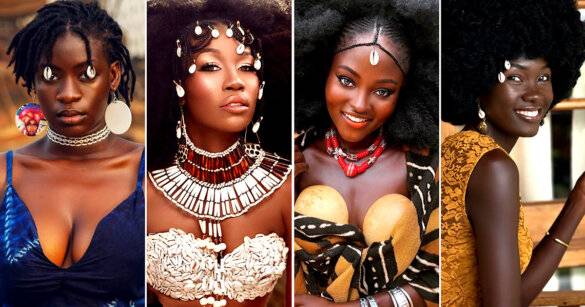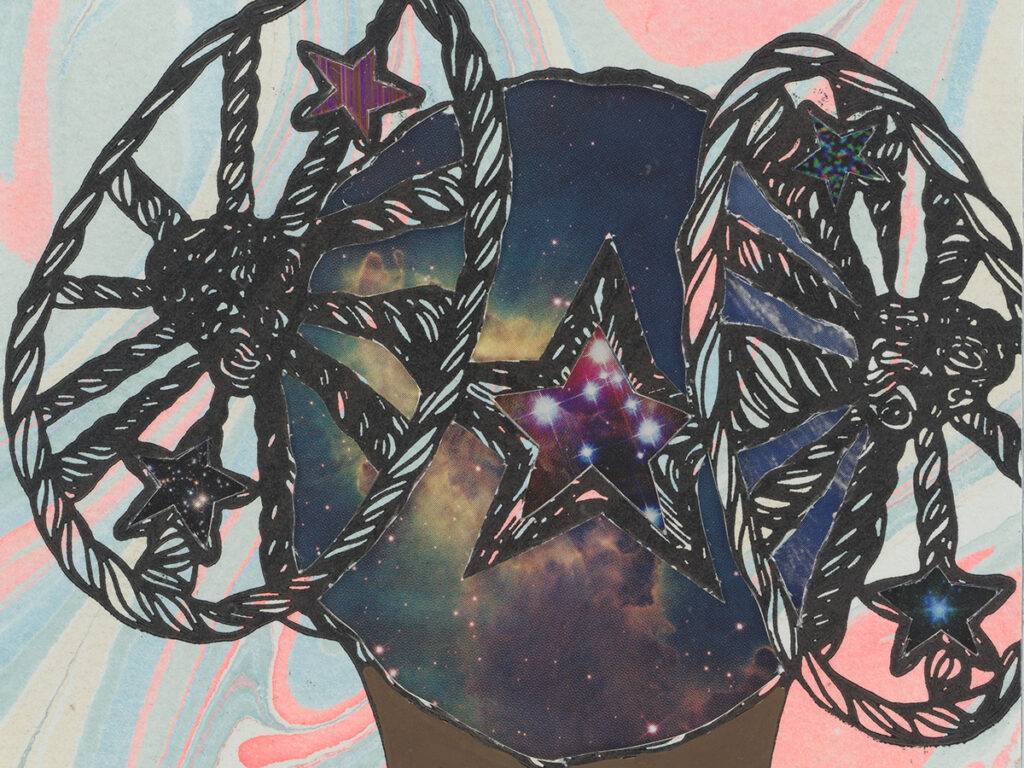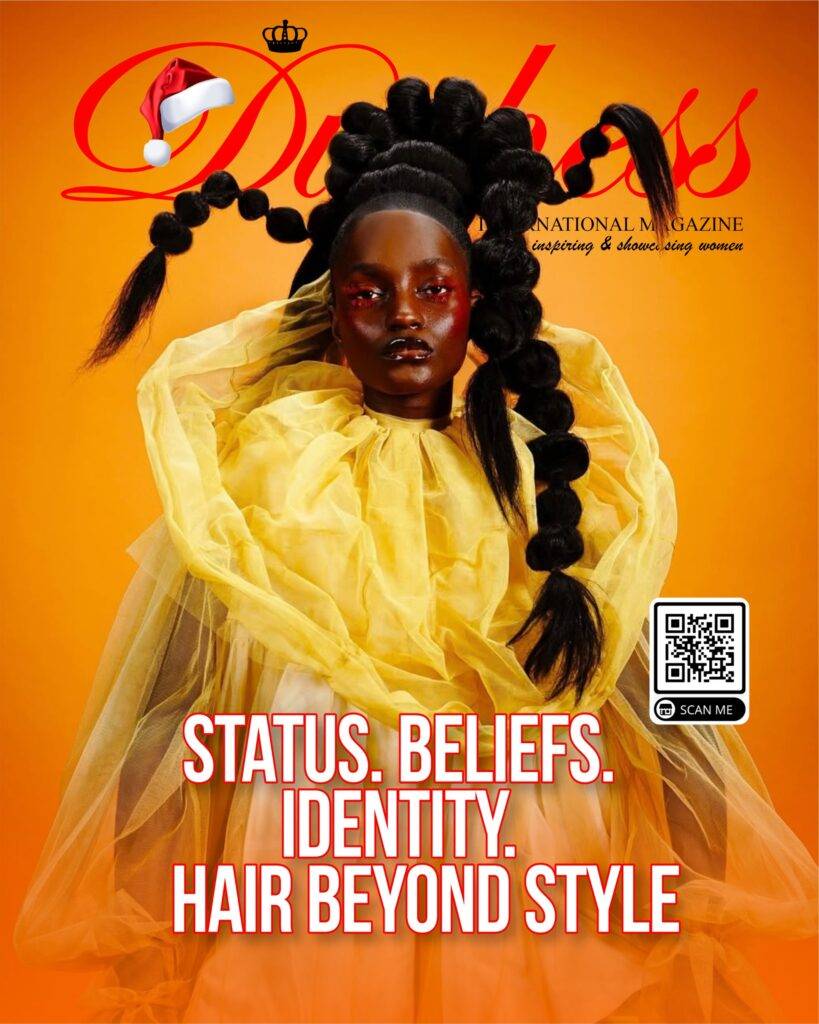Hair has always been more than a fashion statement; it is an embodiment of identity, culture, and personal beliefs. Across continents and centuries, the way individuals wear, shape, and care for their hair tells stories of heritage, social standing, spiritual connection, and resistance. Hair, as a marker of identity, remains one of the most profound yet overlooked narratives woven through human history.
In African societies, for instance, intricate hair braiding is a cultural art form passed down generations. Beyond aesthetics, hairstyles like cornrows and dreadlocks often signal tribe, marital status, and even wealth. Among the Himba people of Namibia, hairstyles carry unique meanings: single braids denote unmarried men, while women use goat-hair extensions and otjize paste in elaborate dreadlocks, symbolizing beauty and heritage.

Meanwhile, Native American tribes view hair as a spiritual extension of the self. Long hair reflects a connection to nature, and cutting it signifies mourning or a fresh beginning. This deep symbolism extends to the Pawnee and Mohawk tribes, where hairstyles like scalp-locks were badges of bravery for warriors.
In East Asia, hair became a battleground for political and cultural dominance. The Qing Dynasty’s mandate for Han Chinese men to adopt the “queue” hairstyle—a shaved forehead with a braided back—was a controversial symbol of submission to Manchu rulers. For many, the act of shaving hair dishonored ancestral values, leading to defiant rebellions.

Hair’s cultural resonance isn’t confined to traditional societies. In the Victorian era, locks of hair became mementos of love or mourning, intricately woven into jewelry. Geisha hairstyles in Japan are emblematic of elegance and artistry, while the punk-rock resurgence of the Mohawk transformed a Native American warrior’s identifier into a global symbol of rebellion.
Religious beliefs also shape hair practices. In India, hair is frequently shaved or oiled to demonstrate devotion or purity. Similarly, Middle Eastern traditions of hair covering emphasize modesty, though in private, women often embrace ornate styling to express femininity.

Hair also intersects with gender identity and societal expectations. The natural hair movement among Black communities globally challenges Eurocentric beauty norms, reclaiming authenticity and pride. This mirrors a broader global trend where people redefine hair as a medium of empowerment and self-expression rather than societal conformity.
The modern conversation around hair also includes its role in sustainability and innovation. With concerns over environmental impact, eco-conscious haircare solutions have gained momentum, spotlighting the intersection of personal grooming and global responsibility.

Ultimately, hair is a living, breathing tapestry of human experience. Whether braided, shaved, adorned, or dyed, it is a reflection of history, emotion, and a sense of self. Understanding these layers deepens our appreciation for the stories hair carries.



